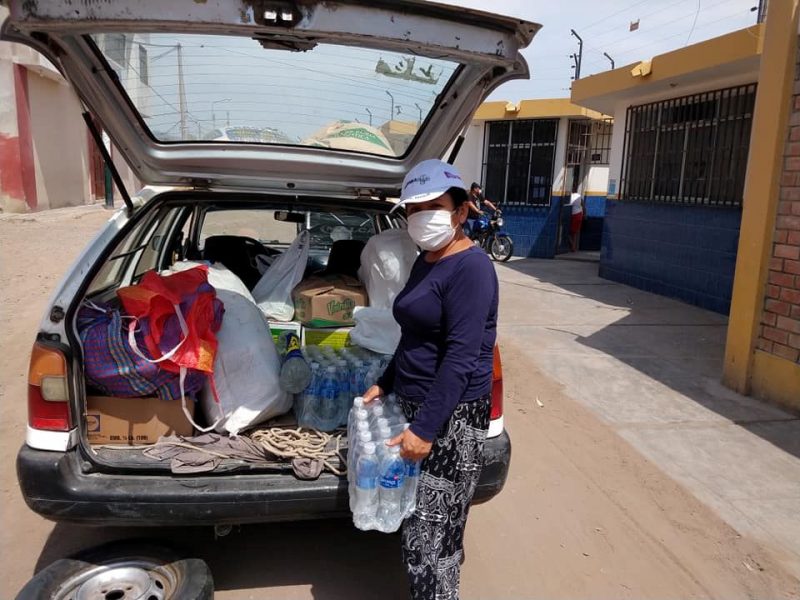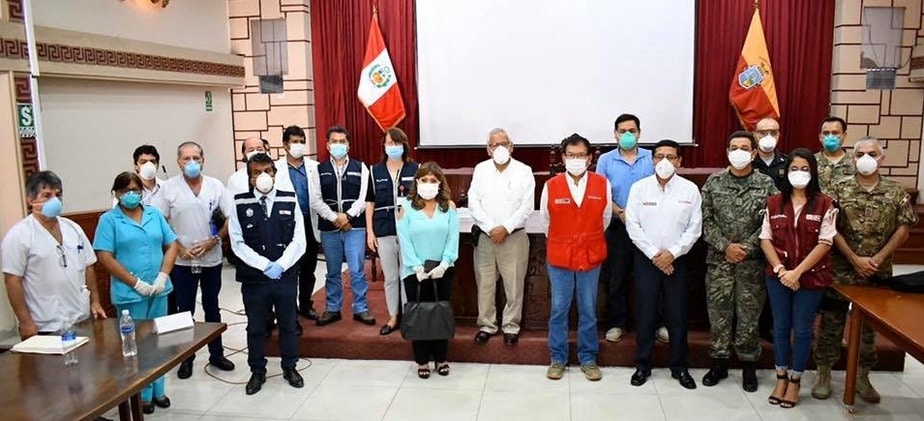As COVID-19 spreads, people around the globe are heeding the call from health professionals and governments to #StayHome. In Peru, our sisters and brothers are listening. They know that if the disease is not stopped or at least slowed, the consequences could be catastrophic.
The Peruvian government recently extended its nationwide State of Emergency to April 26. A curfew is in effect every day from 4 p.m. (or 6 p.m. in some regions) to 4 a.m. From Monday to Saturday only one person from each household is allowed to go out, wearing a mask, to fetch food or other essentials or go to the bank. No travel is allowed within the country and the borders are closed. Schools and nonessential businesses are also closed.
With these measures, the government of Peru hopes to contain the virus that is ravaging countries with far more robust social security and health systems. Since the first case of COVID-19 in Peru was confirmed on March 6, the number of confirmed infections nationally has reached 7,519 and 193 people have died.
Outside of Lima and its neighbour Callao, Lambayeque province in northern Peru has been hardest hit. The province, which is home to Heart-Links’ partners Centro Esperanza, Centro Santa Angela, Madre Oliva Association and Latidos, reports 355 cases of COVID-19 and at least 38 deaths.
But staying home and following good hygiene is far from easy in a country where 69% of workers have no job security or benefits, where water is often scarce and where one in five people lives in poverty.

That’s why Heart-Links partner Centro Santa Angela, in Chiclayo, has turned to technology—WhatsApp and telephones—to continue to support the people they work with and to help prevent the disease’s spread. Through projects financed by Heart-Links, they are checking in with community leaders, promoting measures that prevent infection, and ensuring government aid gets to the people who need it.
In Cajamarca (which now reports 11 cases), Heart-Links partner ACIES is redirecting project funds to buy “upcycled” cushion covers (made from fabrics collected by ACIES) from rural women who have lost income due to the lockdown. These textiles will be used in ACIES’s community centre when it reopens or resold at fundraisers.
Both organizations are distributing masks.
Heart-Links’ will continue to work with all our partners to assess emerging needs and respond effectively. And we will share weekly updates so that you, our supporters and friends, know that your donations are making a difference.
Thank you for your solidarity.
#FlattenTheCurve #OneWorld

